
China’s tech giants have been playing a vital role in the fight against the COVID-19 by tracking population flow.

China’s tech giants have been playing a vital role in the fight against the COVID-19 by tracking population flow.
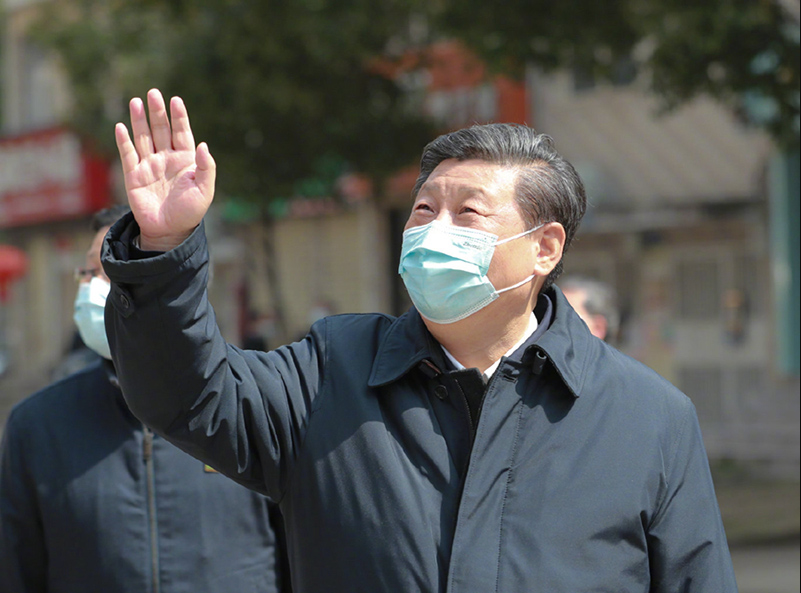
The Chinese political system has seen an unprecedented level of centralization thanks to the COVID-19 outbreak and this will be the new normal.

A set of China’s cyberspace regulations kicked in on 1 March to manage the “internet ecosystem”.
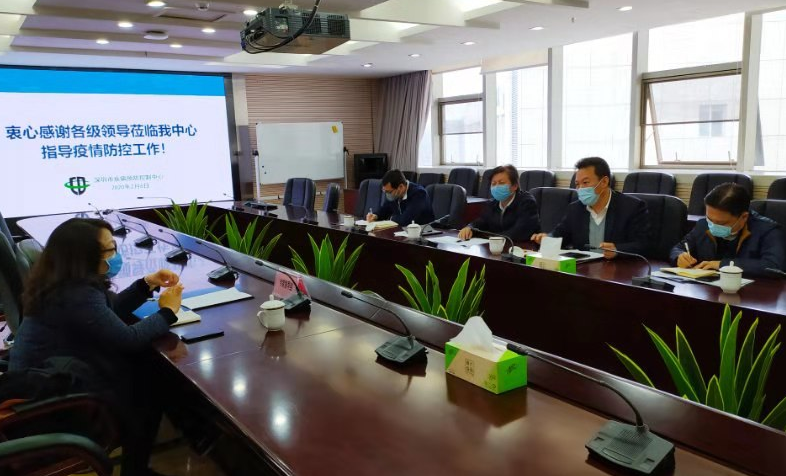
Beijing decided to postpone the annual meeting of the National People’s Congress (NPC) this afternoon due to the outbreak. We hold the view that it is likely to be held in late March with about two weeks delay, and there is a small chance that it will be delayed into April (See: Expect More Delays to Restoring Business). The healthcare system would certainly be a top priority for discussion at this year’s NPC annual meeting.
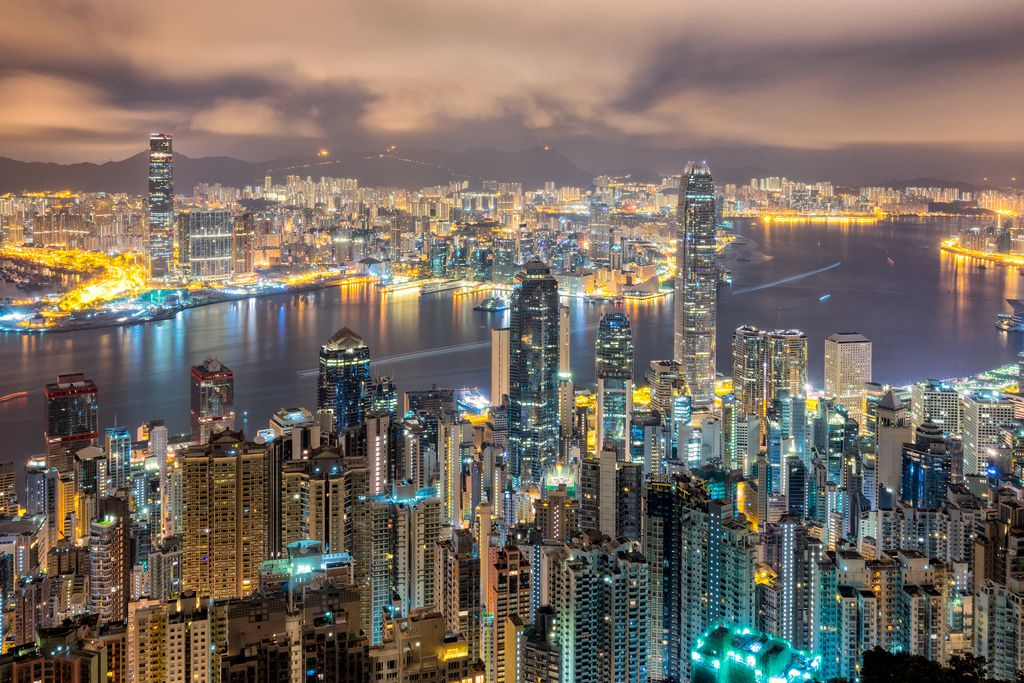
On 13 February, Beijing decided to overhaul the leadership of State Council Hong Kong and Macau Affairs Office (HMO), the top manager of Hong Kong and Macau affairs. It demoted Zhang Xiaoming from HMO director to deputy director, and appointed Xia Baolong, incumbent vice chairman of Chinese People’s Political Consultative Conference (CPPCC), as Zhang’s replacement.
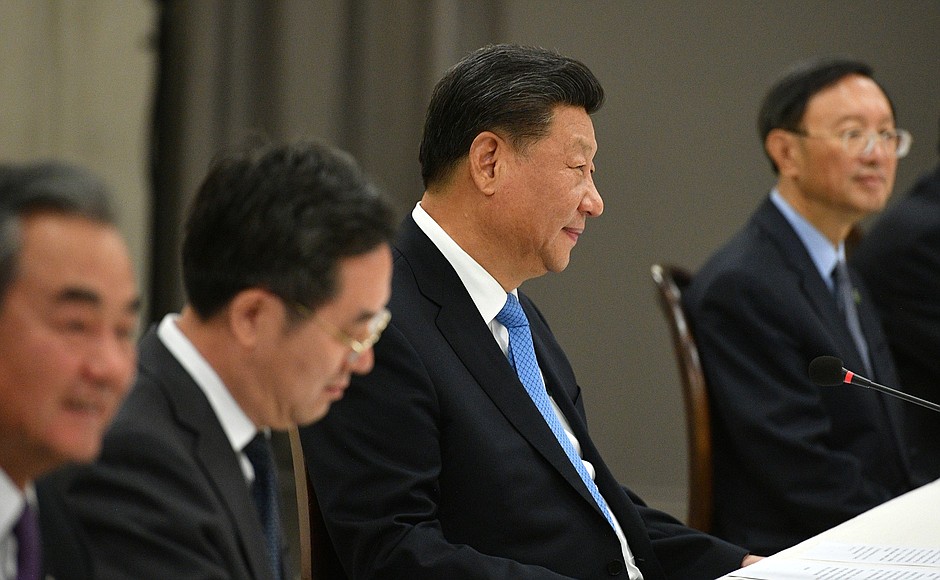
Xi has achieved a more effective central leadership and a clear-cut decision-making process. Ambitious policy initiatives such as financial de-risking and cutting industrial capacities were carried out forcefully and rapidly. But at the same time, as local officials become wary of potential wrongdoings, the centralization process has also caused inertia across local governments, resulting in potential risks in policy implementation.
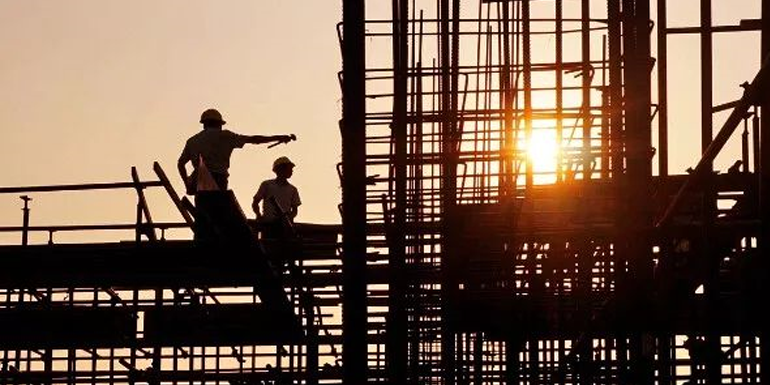
Beijing continues to reform the state-owned enterprises (SOEs) in its own way in order to make them more efficient and powerful. It is expected that a new three-year plan for SOE reform will be released soon, as Vice Premier Liu He chaired an SOE reform meeting in November 2019 and announced to develop an action plan for the next three years.
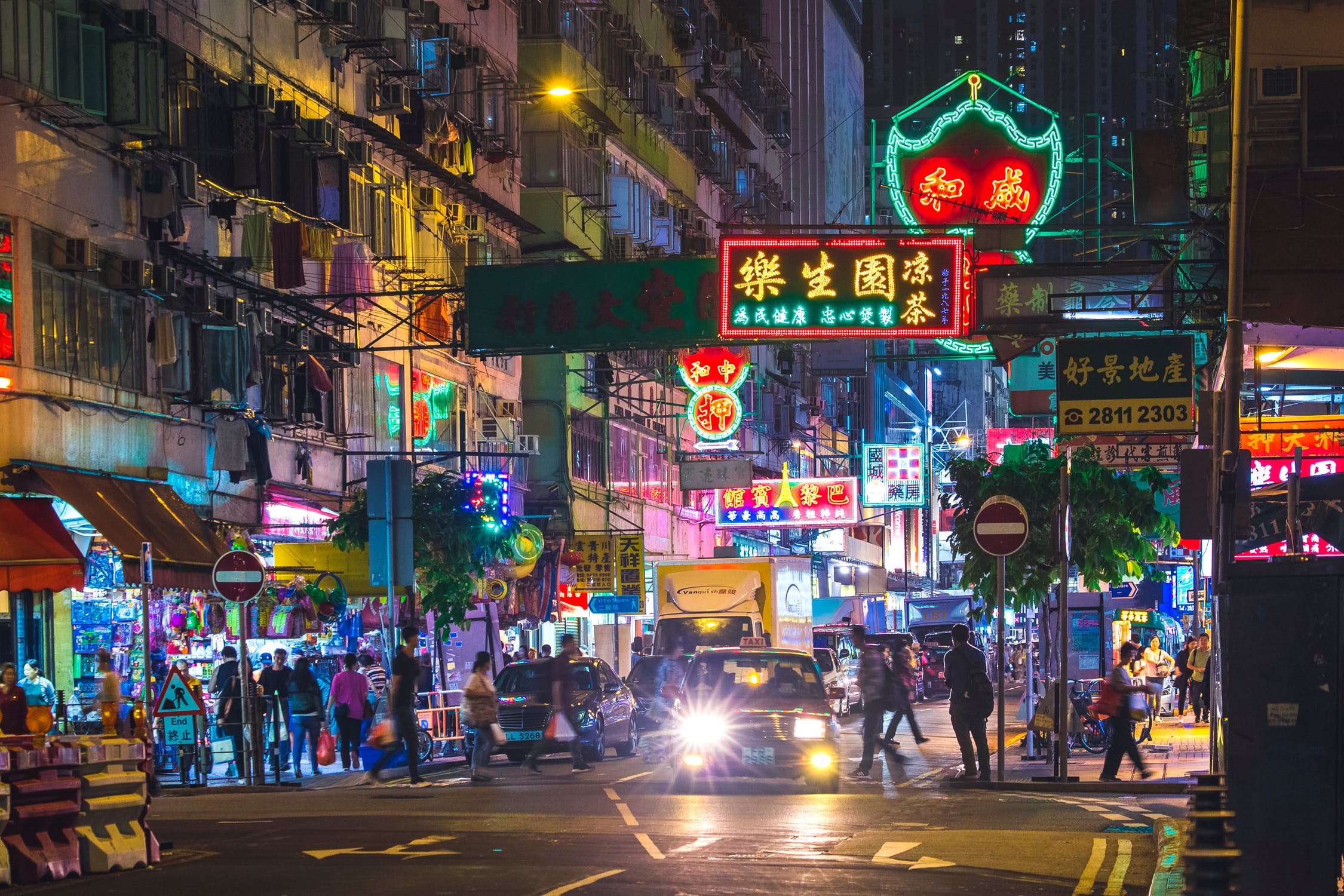
Luo Huining is the most senior person appointed to HKLO since 1990 and he will have a lot discretions. He will take a more proactive approach in Hong Kong affairs and will be a decision-maker instead of a messenger.

In the last ten days of 2019, a total of 49 prefectural-ranking officials from local governments were transferred across China. Among them, 17 became prefecture-level city party secretaries and 22 became mayors or prefecture-level district heads. These latest transfers are special because they broke a political tradition on cadre transfer.